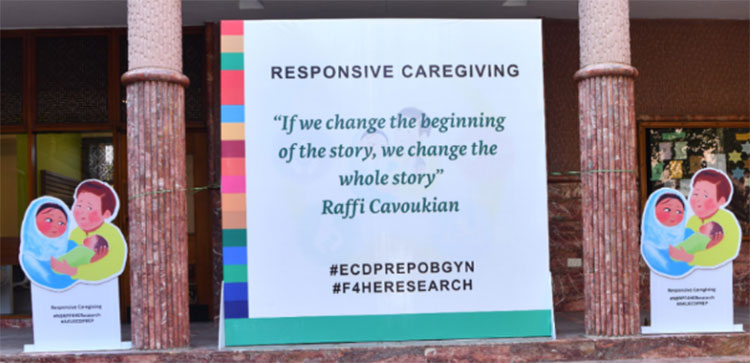
Overworking hazards for health, relationships, overall well-being
”
In the modern world, where ambition fuels our days and the pursuit of success often blurs the lines between work and life, overworking has become a silent storm, wreaking havoc on our health, relationships, and overall well-being.
It is a phenomenon that wears the mask of productivity but carries the weight of destruction. The hazards of overworking are not merely physical; they seep into the very fabric of our mental and emotional existence, leaving behind a trail of exhaustion, disillusionment, and imbalance.
The Illusion of Productivity
At first glance, overworking appears to be a badge of honor—a testament to one’s dedication and commitment. Yet, beneath this facade lies a harsh truth: the human body and mind are not machines. They are not designed to endure endless hours of relentless labor without respite. The illusion of productivity fades as fatigue sets in, creativity wanes, and mistakes multiply. What was once a source of pride becoming a prison, trapping individuals in a cycle of diminishing returns.
The Physical Toll
The body, resilient as it may be, has its limits. Overworking pushes these limits to the brink, manifesting in a myriad of physical ailments. Chronic fatigue becomes a constant companion, sapping energy and vitality. The immune system, weakened by stress and lack of rest, struggles to fend off illnesses, leaving one vulnerable to infections and diseases. Cardiovascular health deteriorates under the strain of prolonged stress, increasing the risk of heart disease, hypertension, and stroke. Muscles ache, joints stiffen, and the sedentary nature of many overworked lifestyles leads to musculoskeletal problems, turning the body into a battleground of pain and discomfort.
The Mental and Emotional Strain
The mind, too, bears the brunt of overworking. Burnout, a term often whispered but seldom heeded, becomes a stark reality. It is a state of emotional exhaustion, where the spark of passion and purpose is extinguished, leaving behind a hollow shell of cynicism and detachment. Anxiety and depression, fueled by relentless pressure and unmet expectations, take root, casting a shadow over every aspect of life. Cognitive functions, once sharp and agile, falter under the weight of fatigue, impairing memory, attention, and decision-making. The mind, once a wellspring of ideas and innovation, becomes a barren landscape, devoid of inspiration.
The Erosion of Relationships
Overworking does not exist in isolation; its effects ripple outward, touching every facet of life. Personal relationships, the bedrock of our emotional well-being, suffer as work consumes time and energy. Family dinners are missed, children’s milestones are overlooked, and friendships wither from neglect. The strain on relationships is palpable, as loved ones feel the absence of presence and connection. The work-life balance, once a harmonious blend, tips precariously, leaving little room for the joys and comforts of personal life.
The Long-Term Consequences
The hazards of overworking extend beyond the immediate, casting a long shadow over one’s future. Job satisfaction, once a source of fulfillment, diminishes as the grind of overwork takes its toll. The allure of career advancement fades, replaced by a sense of disillusionment and discontent. High turnover rates, a consequence of chronic overwork, disrupt workplaces and strain economies. The broader social and economic impact is profound, as healthcare costs rise and productivity declines, creating a cycle of strain and inefficiency.
A Call for Balance
In the face of these hazards, it is imperative to recognize the importance of balance. Work, while a vital part of life, should not overshadow the need for rest, recreation, and relationships. Employers must foster environments that prioritize well-being, offering support and flexibility to their employees. Individuals, too, must heed the signs of overwork, setting boundaries and prioritizing self-care.
The silent storm of overworking need not be inevitable. By embracing a culture of balance and mindfulness, we can navigate the demands of modern life without sacrificing our health, happiness, and humanity. Let us strive not for endless labor, but for a life that is rich in purpose, connection, and joy. For in the end, it is not the hours we work that define us, but the quality of the lives we lead.
”


